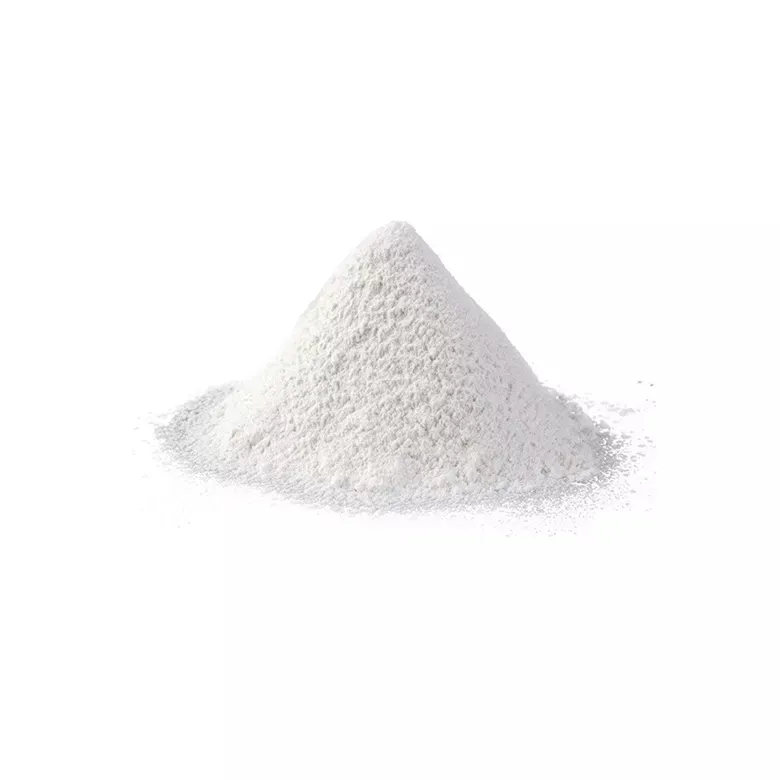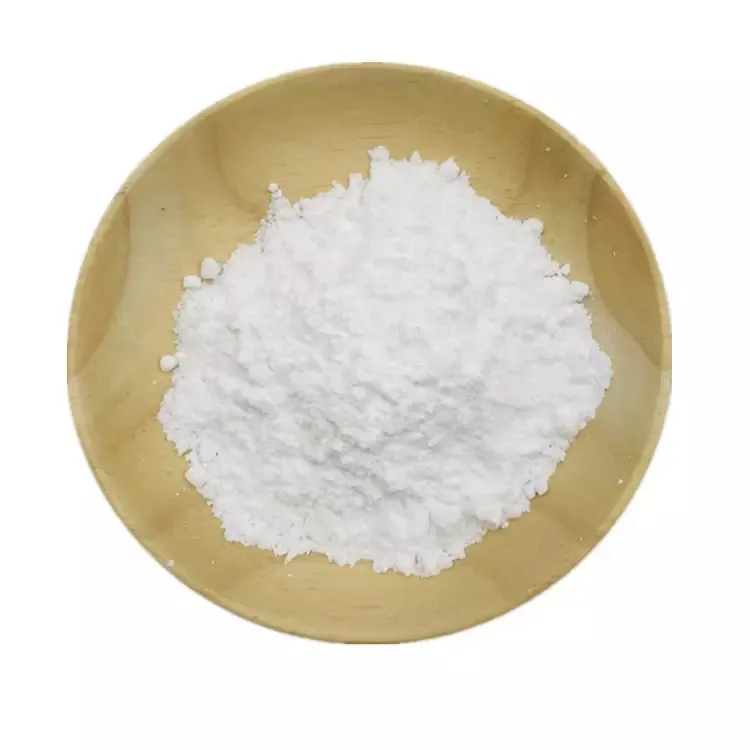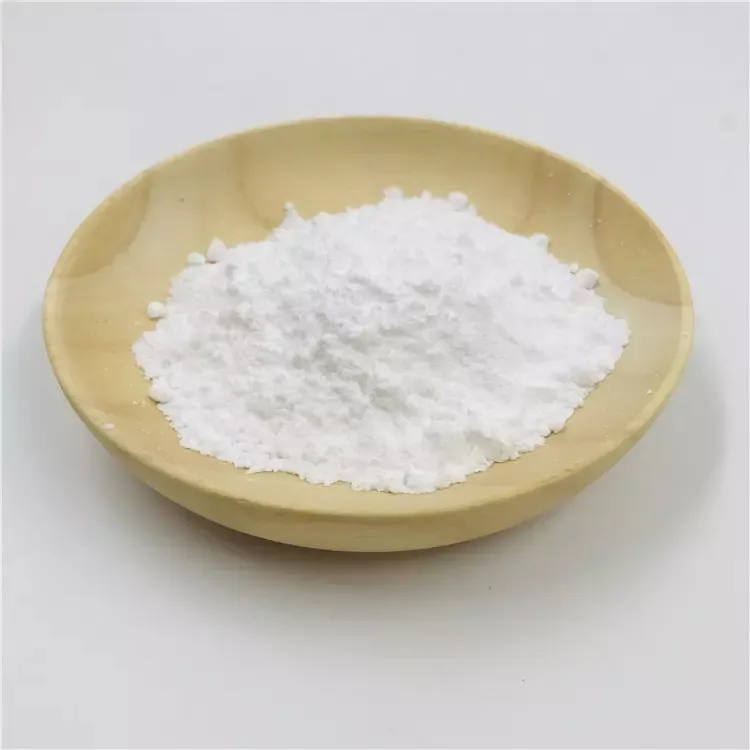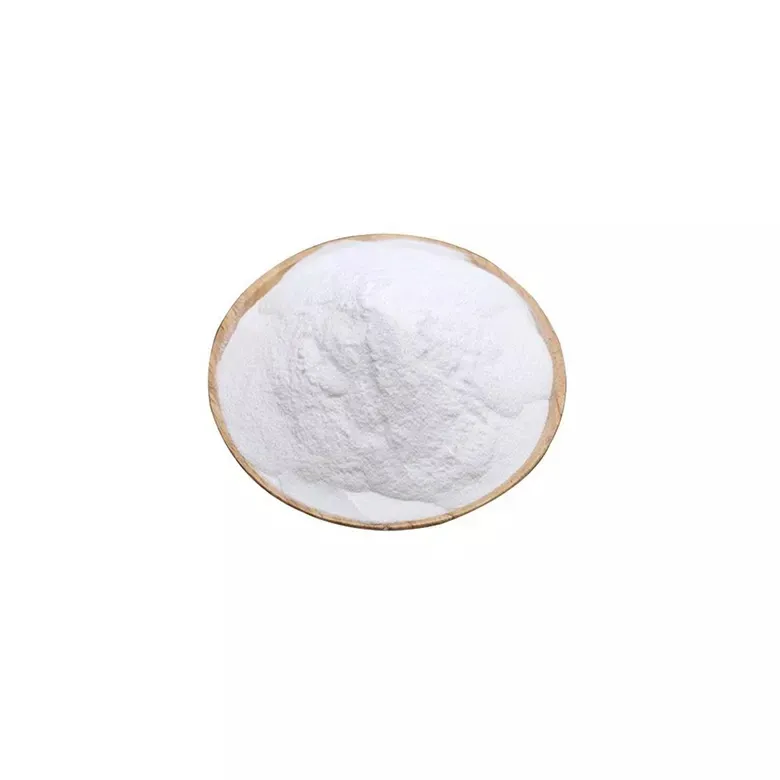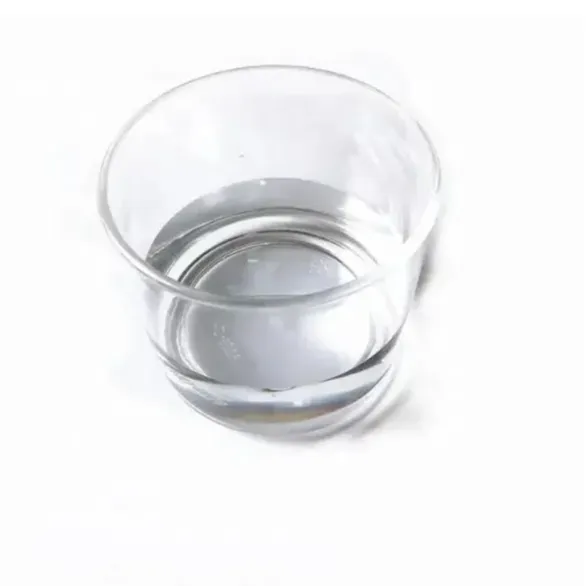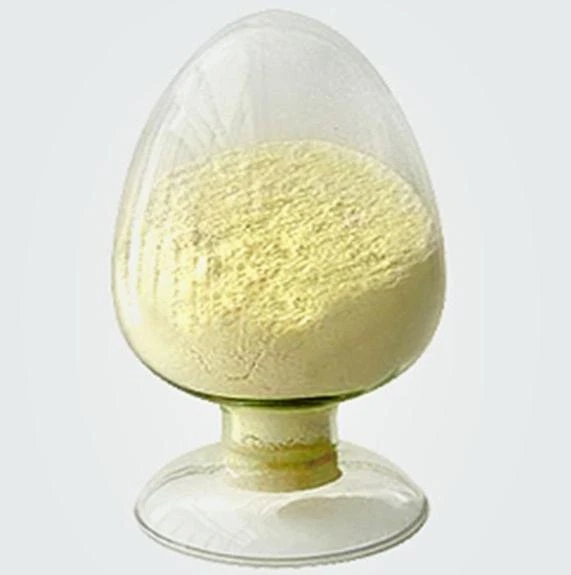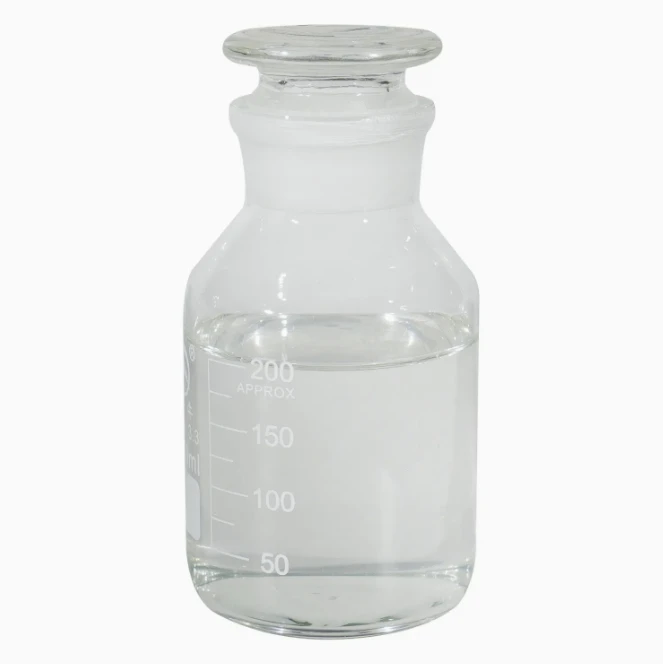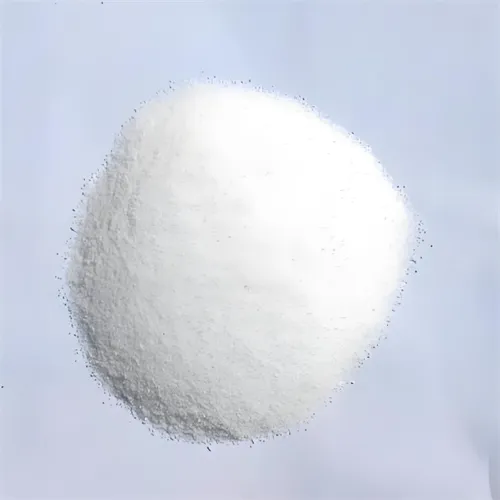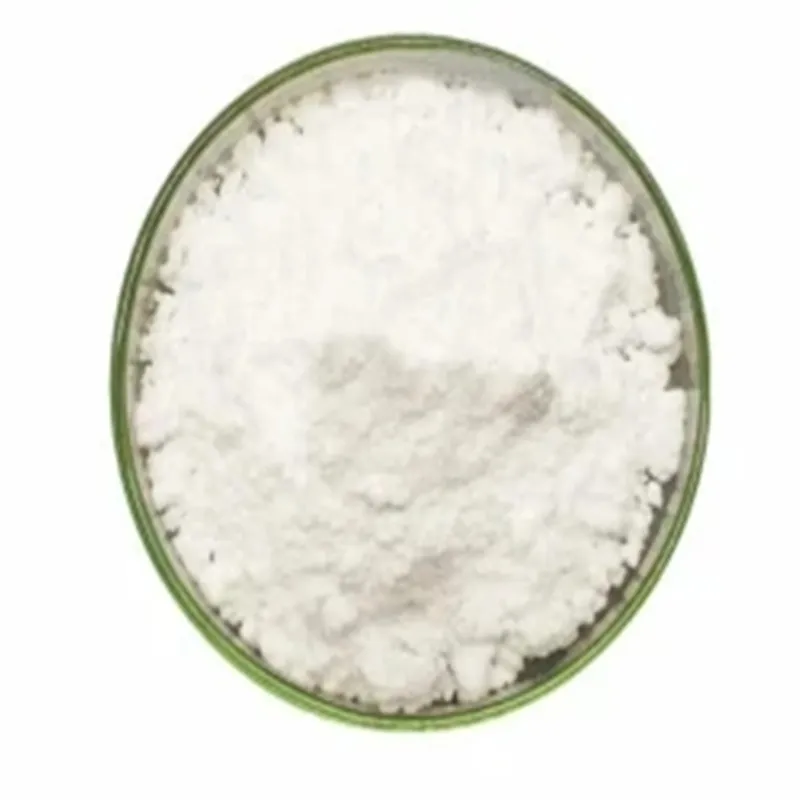Warning: Undefined array key "file" in /home/www/wwwroot/HTML/www.exportstart.com/wp-content/themes/1198/header.php on line 7
Warning: Undefined array key "title" in /home/www/wwwroot/HTML/www.exportstart.com/wp-content/themes/1198/header.php on line 7
Warning: Undefined array key "title" in /home/www/wwwroot/HTML/www.exportstart.com/wp-content/themes/1198/header.php on line 7
- Aferika
- Alapania
- Amharic
- Alapi
- Armenian
- Azerbaijani
- Basque
- Pelalusiana
- Bengali
- Bosnian
- Bulgarian
- Katalana
- Sepuano
- Saina
- Saina (Taiwan)
- Kosikana
- Croatian
- Czech
- Danish
- Siamani
- Igilisi
- Eseperano
- Estonian
- Finnish
- Falani
- Frisian
- Galician
- Georgian
- Siamani
- Greek
- Gujarati
- Haiti Kereole
- Hausa
- Havaii
- Eperu
- Leai
- Miao
- Hungarian
- Icelandic
- igbo
- Indonesian
- Aialani
- Italia
- Iapani
- Javanese
- Kannada
- Kasaka
- Khmer
- Rwanda
- Kolea
- Kutisa
- Kirikisi
- TB
- Latina
- Latvian
- Lituaniana
- Lusemipoukisi
- Macedonian
- Malgashi
- Malay
- Malayalam
- Maltese
- Maoli
- Marathi
- Mokoliana
- Myanmar
- Nepali
- Norwegian
- Norwegian
- Occitan
- Pasato
- Persian
- Polish
- Portuguese
- Punitapi
- Lomani
- Lusia
- Samoa
- Sikotilani Gaelic
- Serbian
- Igilisi
- Shona
- Sindhi
- Sinhala
- Slovak
- Slovenian
- Somali
- Sipaniolo
- Sundanese
- Swahili
- Swedish
- Tagalog
- Tajik
- Tamil
- Tatar
- Telugu
- Fa'a Thai
- Turkish
- tamaloloa Take
- Ukaraina
- Urdu
- Uighur
- Uzbek
- Vietnamese
- Uelese
- Fesoasoani
- Yiddish
- Yoruba
- Zulu
Ronidazole
Ronidazole is an antiprotozoal agent.Target: AntiparasiticRonidazole is an antiprotozoal agent used in veterinary medicine. It may also have use for the treatment of Tritrichomonas foetus infection in cats. Ronidazole kills T foetus at concentrations > 0.1 μg/mL in vitro. Ronidazole (30 or 50 mg/kg) cures T foetus infection for follow-up durations of 21 to 30 weeks after treatment in 10/10 cats [1].It has antiparasitic (Turkey flagellate, trichomoniasis) antifumigant and antibacterial effects. It is especially effective for treponema spirulina caused by swine dysentery. In addition, it is also a good growth promoter, which can increase weight and improve feed conversion rate. It has good stability and compatibility, and can be mixed with other feed additives such as bacitracin zinc, nifurenone hydrazone, oxytetracycline, aureomycin, vigilium, tilosin and trace elements such as copper and zinc without adverse effects.
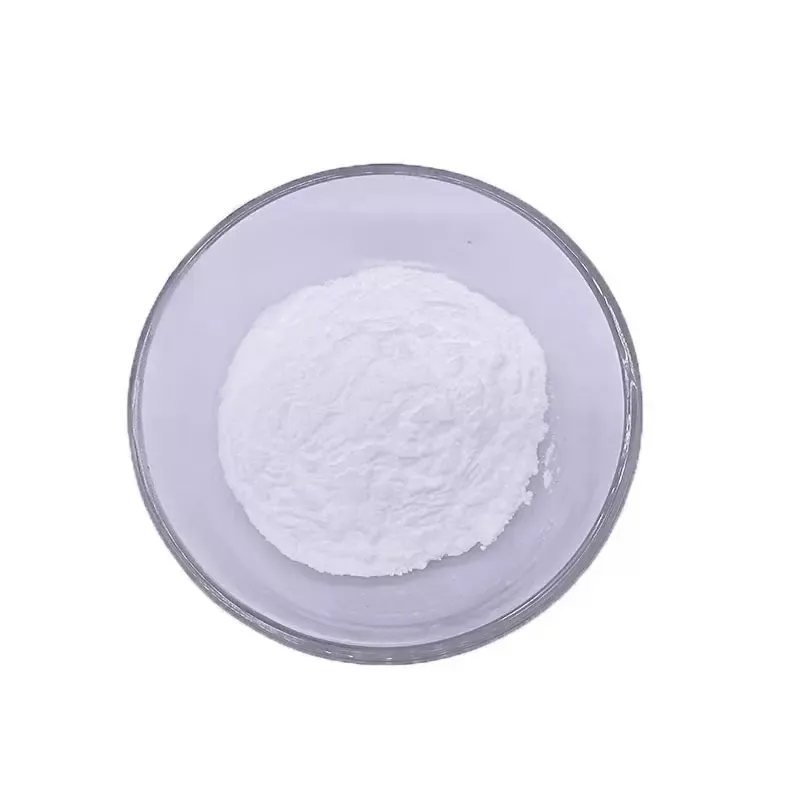

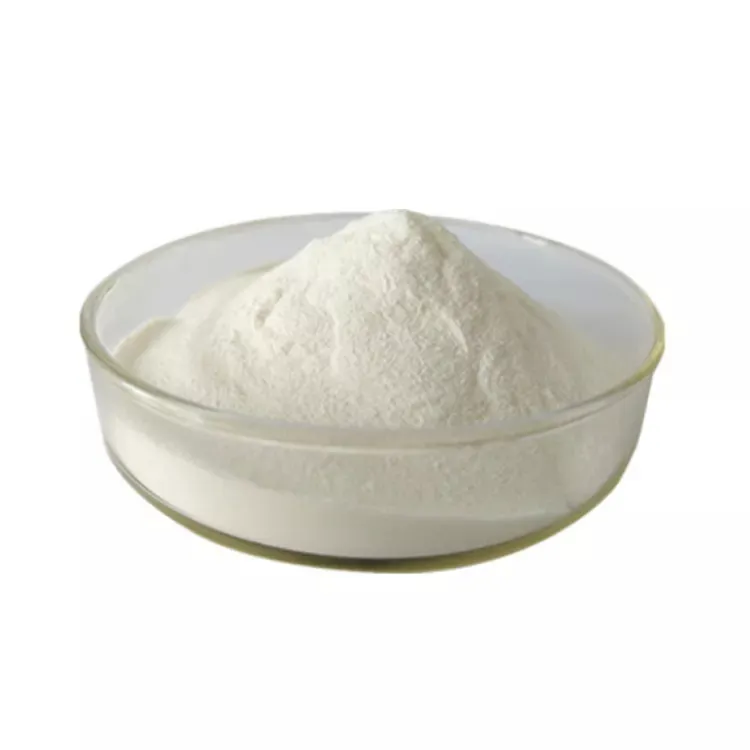

It has anti-parasite (turkey flagellum, trichomoniasis), anti-smoky bacteria and anti-bacterial effects. It is especially effective for causing Swine Red Sclerosis Treponema pallidum. In addition, it is also a good growth promoter, which has the effect of increasing weight and improving feed conversion rate. It has good stability and compatibility, and can be mixed with other feed additives such as bacitracin zinc, nitrofurnylhydrazone, oxytetracycline, chlortetracycline, virginia, tylosin and trace elements copper, zinc, etc. Adverse effects.
Resistant parasites (Turkey giardia, trichomoniasis) smoked slurry bacteria resistance and antibacterial effects. Especially for swine dysentery caused by treponema is very effective. In addition, also is a kind of good growth promoters, have the effect of the weight gain and improve feed conversion rate. Its stability and good compatibility, can with other feed additives such as bacitracin zinc, nitrate cefuroxime ene hydrazone, oxytetracycline and chlortetracycline, Virginia mildew genera, tirol and trace elements such as copper, zinc, without adverse effects.
E tele a matou fale gaosi oloa maualuga ma le galulue faʻatasi, lea e mafai ona tuʻuina atu ia te oe oloa maualuga ma tau faʻatauvaʻa. Ma e mafai foi ona matou tuʻuina atu faʻaitiitiga mo faʻatauga tele.Ma matou te galulue faʻatasi ma le tele o kamupani faʻapolofesa felauaiga uta, e mafai ona tuʻuina atu oloa ma le saogalemu ma le sologa lelei i ou lima. Le taimi tu'uina atu e tusa ma le 3-20 aso talu ona fa'amaonia le totogiina.


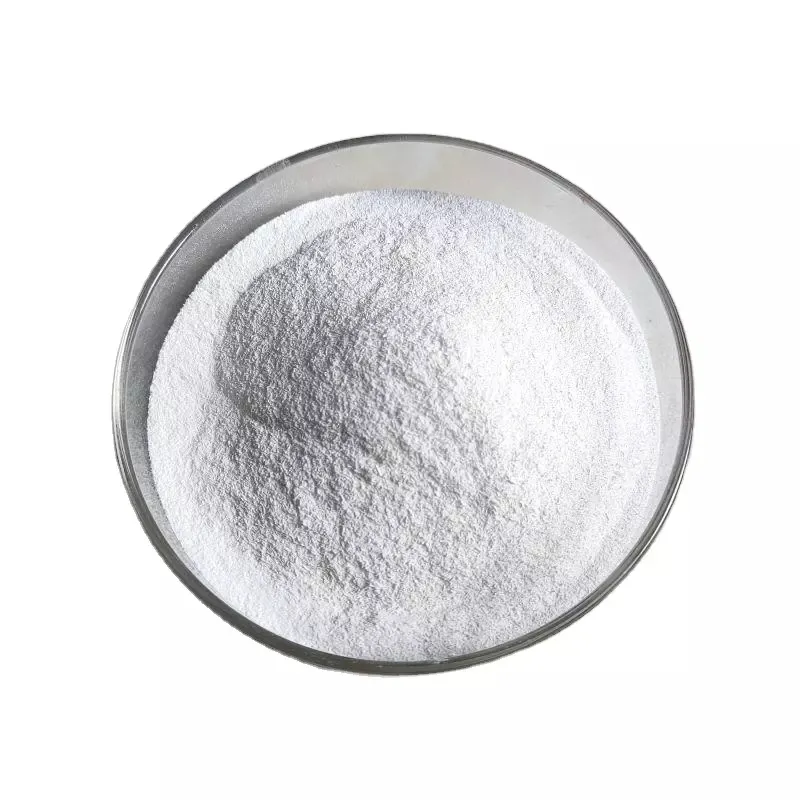

|
tems |
Tulaga |
I'uga |
|
Physical Analysis |
||
|
Description |
White Powder | E usitaia |
|
Su'ega |
99% | 99.6% |
|
Mesh Size |
100 % pass 80 mesh | E usitaia |
|
Lefulefu |
≤ 5.0% | 2.85% |
|
Ma'imau ile Fa'amago |
≤ 5.0% | 2.65% |
|
Chemical Analysis |
||
|
Heavy Metal |
≤ 10.0 mg/kg |
E usitaia |
|
Pb |
≤ 2.0 mg/kg |
E usitaia |
|
E pei o |
≤ 1.0 mg/kg | E usitaia |
|
Hg |
≤ 0.1mg/kg | E usitaia |
|
Microbiological Analysis |
||
|
Residue of Pesticide |
Le lelei | Le lelei |
|
Faitauga o Papatusi Aofa'i |
≤ 1000cfu/g | E usitaia |
|
Yeast&Mold |
≤ 100cfu/g | E usitaia |
|
E.coil |
Le lelei |
Le lelei |
|
Salmonella |
Le lelei |
Le lelei |
Ronidazole (CAS 7681-76-7) is a synthetic nitroimidazole derivative that is commonly used as an antiprotozoal agent in veterinary medicine.
Ronidazole functions as a bactericidal agent, meaning it can kill the protozoa by disrupting their metabolic processes. It works by inhibiting the DNA synthesis of the protozoa, thereby preventing them from multiplying and causing infections.
1. Ronidazole has various applications in veterinary medicine, including:
2. Treatment of Trichomoniasis: Ronidazole is commonly used to treat trichomoniasis, a parasitic infection that affects animals like cattle, pigs, dogs, and cats. It is particularly effective against Tritrichomonas foetus, which is a common cause of bovine and feline reproductive tract infections.
3. Treatment of Giardiasis: Ronidazole is also effective against Giardia lamblia, which is a protozoan parasite that can cause diarrhea in dogs and cats.
4. Prevention of Infections: Ronidazole can also be used as a preventative measure to stop the spread of infections in animals. It can be administered to animals that are at risk of contracting protozoan infections, such as those that live in close proximity to infected animals.
5. Aquaculture: Ronidazole is used in fish farming to prevent and treat protozoan infections.
Vaega o oloa
-
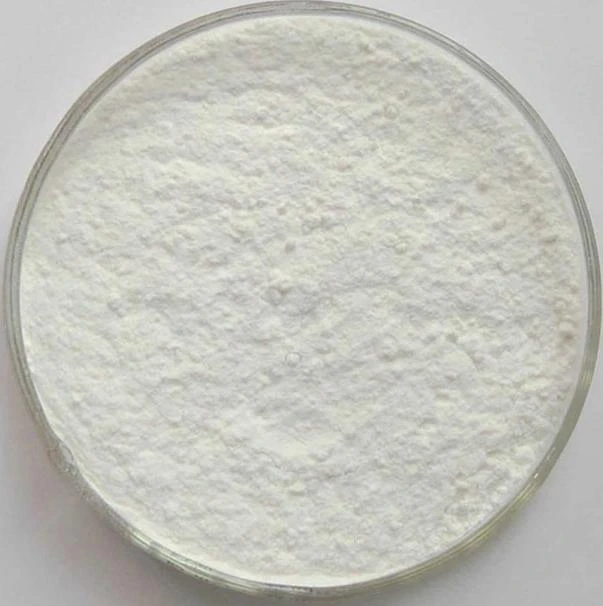 May . 07, 20252025 New York Cosmetics Ingredients ExhibitionThe much-anticipated 2025 Cosmetics Ingredients New York will be held at the Javits Center in New York from June 3 to 4, 2025. This event will bring together industry leaders, innovators and enthusiasts from all over the world to discuss the latest trends and advances in the field of cosmetic ingredients.
May . 07, 20252025 New York Cosmetics Ingredients ExhibitionThe much-anticipated 2025 Cosmetics Ingredients New York will be held at the Javits Center in New York from June 3 to 4, 2025. This event will bring together industry leaders, innovators and enthusiasts from all over the world to discuss the latest trends and advances in the field of cosmetic ingredients. -
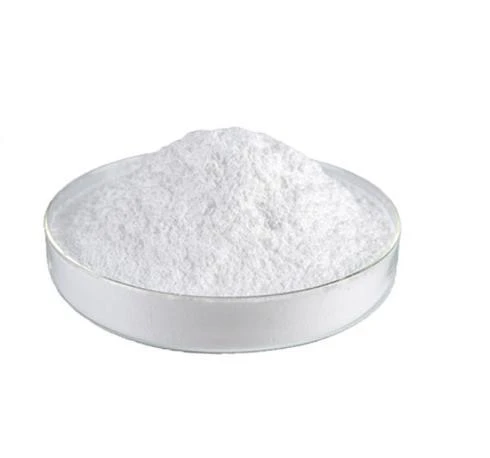 Apr . 27, 2025Zibo will host the 2025 International Chemical ExpoZibo, a city known for its thriving chemical industry, will host the 2025 Zibo International Chemical Expo from May 16 to May 18, 2025. This highly anticipated event aims to bring together industry leaders, innovators and stakeholders from around the world to explore the latest advancements and trends in the chemical industry.
Apr . 27, 2025Zibo will host the 2025 International Chemical ExpoZibo, a city known for its thriving chemical industry, will host the 2025 Zibo International Chemical Expo from May 16 to May 18, 2025. This highly anticipated event aims to bring together industry leaders, innovators and stakeholders from around the world to explore the latest advancements and trends in the chemical industry. -
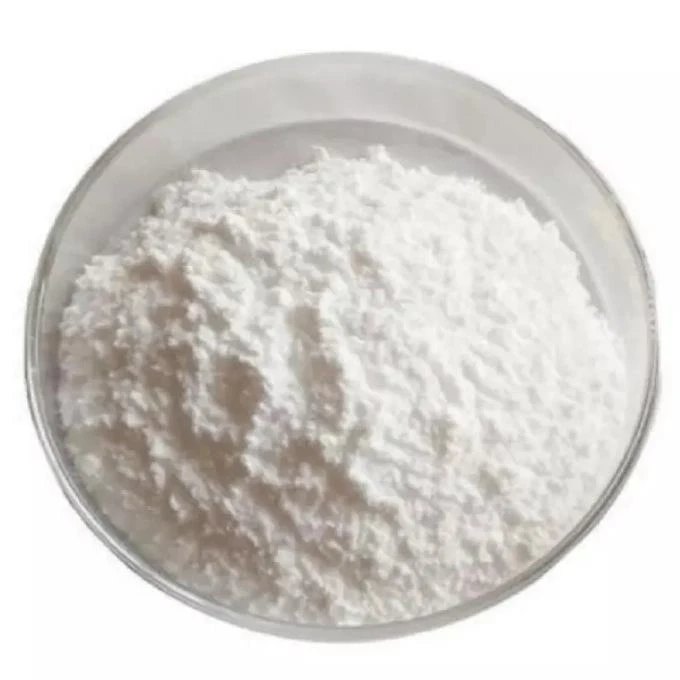 Apr . 22, 20252025 Yokohama Cosmetics Raw Materials and Technology ExhibitionYOKOHAMA, Japan – The City of Yokohama is preparing to host the much-anticipated Cosmetics Ingredients & Technologies 2025 from May 14 to May 16, 2025. The premier event is expected to attract industry professionals, innovators and enthusiasts from around the world to showcase the latest advancements in cosmetic ingredients and technologies.
Apr . 22, 20252025 Yokohama Cosmetics Raw Materials and Technology ExhibitionYOKOHAMA, Japan – The City of Yokohama is preparing to host the much-anticipated Cosmetics Ingredients & Technologies 2025 from May 14 to May 16, 2025. The premier event is expected to attract industry professionals, innovators and enthusiasts from around the world to showcase the latest advancements in cosmetic ingredients and technologies.


